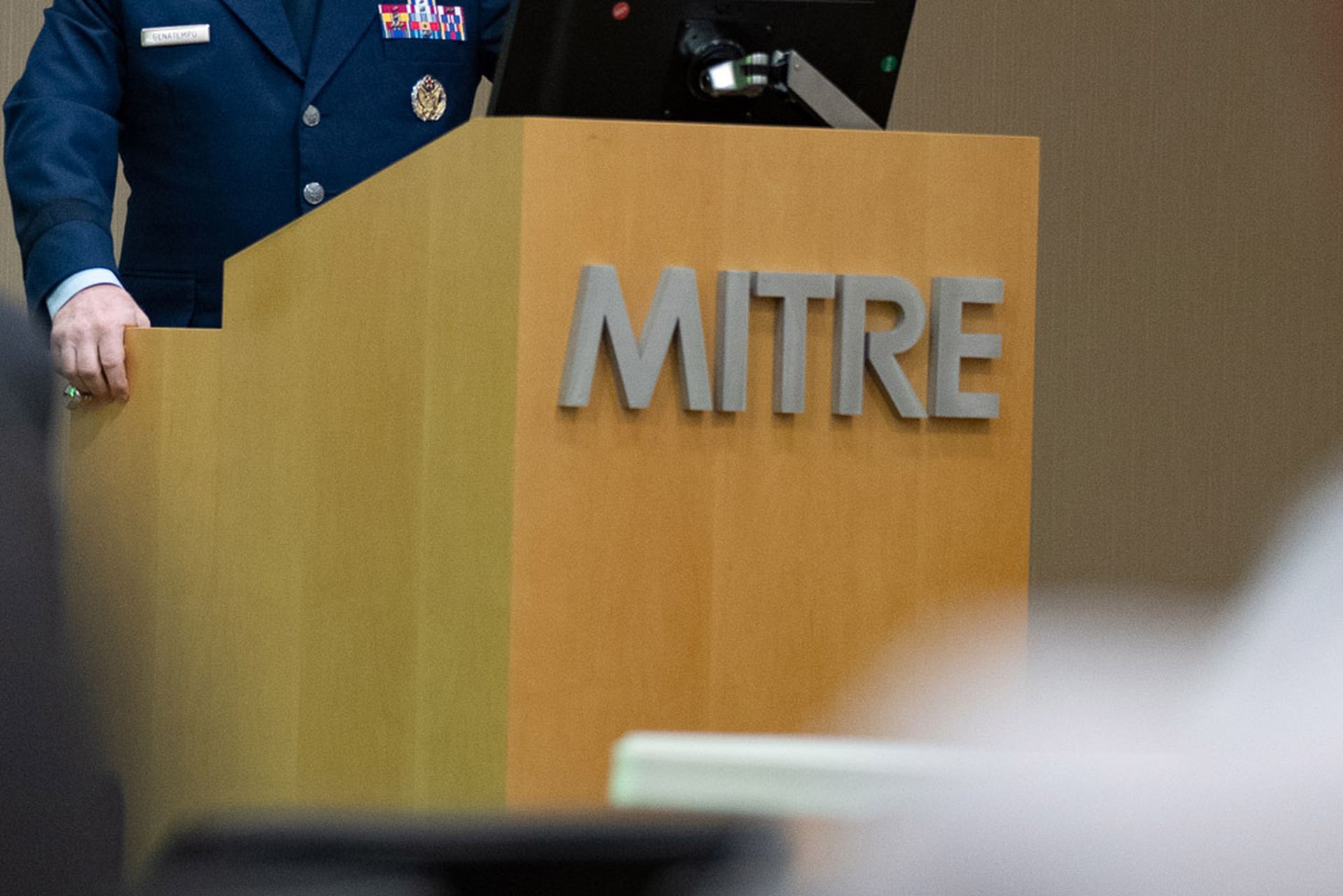The U.S.-Israel Binational Industrial Research and Development (BIRD) Foundation has pledged to invest some $3.85 million in critical infrastructures cybersecurity projects in the two countries.
The U.S. Department of Homeland Security (DHS) Science and Technology Directorate (S&T), the Israel National Cyber Directorate (INCD), and the BIRD Foundation, have established the BIRD Cyber Program, a joint initiative to enhance the cyber resilience of vulnerable critical infrastructure in both the U.S. and Israel. The inaugural program is managed by the BIRD Foundation.
A $10 Million Cybersecurity Investment
In addition to the BIRD grants, the projects will also include private-sector funding, boosting the total investment value of the projects to approximately $10 million. The awarded projects address a pressing need to enhance the cyber resilience of critical infrastructure in the U.S. and Israel, officials said. The program is managed by the BIRD Foundation.
Projects approved for funding are:
This is how the BIRD investment operates, according to the Foundation:
Final Thoughts
Megan Mahle, director of the DHS S&T Office of Industry Partnerships, described how the first year of the BIRD Cyber program has been a success:
"The first year of the BIRD Cyber program has yielded projects that will deliver cutting-edge solutions to pressing cybersecurity challenges facing the U.S. and Israel. We are pleased to jointly invest with our Israeli partners in these innovative projects and anticipate that they will deliver new capabilities to enhance the cybersecurity posture and overall resilience of vital critical sectors in both nations."
Said Aviram Atzaba, executive director for International Cooperation of INCD, added:
"INCD and DHS are strategic partners, working together to overcome cyber threats and keep strengthening national cyber resilience. We are proud to partner with DHS to develop cutting-edge solutions for small and medium-sized businesses and critical infrastructure cybersecurity. This year's joint projects address key challenges in ICS, maritime and airport sectors.”



